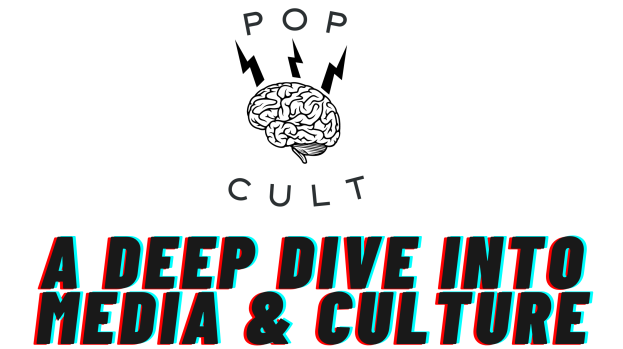
The Great Beauty (2013)
Written by Paolo Sorrentino & Umberto Contarello
Directed by Paolo Sorrentino
Jep Gambardella has just turned sixty-five and has spent decades in Rome as a journalist, mingling with an aging crowd of partygoers, washed-up celebrities, and wannabe artists. He’s suddenly forced to face reality when he learns that his first love, a slightly older woman he met as a teenager has died. Jep begins to reevaluate his idea of beauty and becomes lost in nostalgia for a time that may have never been at all. Along the way, he encounters the wealthy, and the holy all seem unable to answer his question or give him meaningful guidance.
Director Paolo Sorrentino has a deft hand at presenting contradictory and hypocritical protagonists through a lens that both reveal their ugliness and allows us to empathize with them, reminding us that even the most despicable have humanity within them. Jep is, at first glance, a vapid gossip monger, indulging in womanizing and drinking himself into a stupor most evenings. He learns from every person he encounters, and he surrounds himself with a mixture of dreamers and realists.
Jep’s longtime friend Romano is both mixed up with a woman who does not reciprocate his feelings and intent on staging a play he’s written. Through Romano, Jep sees the fantasies dreamlike cities can inspire in people, working as an almost anti-La La Land, where many people fail to see their career launched and spiral into decades of failure. Romano was unable to acknowledge his age and with it the wisdom he should have had from years of experience. Instead, he’s caught up in a youthful ignorance that bites him in the end.
The Great Beauty will inevitably draw comparisons to Federico Fellini, specifically 8 ½ and La Dolce Vita with its story centering around nightlife in Rome. The grotesque live alongside the glamorous and everyone never seems to notice the aesthetic contradictions. Sorrentino also understands the intertwining of the ancient and contemporary, setting his first scene around an old fountain visited by Japanese tourists and then jumping right into the middle of a rooftop party. Both scenes, thanks to their music and cinematography contain ebullient energy that propels the audience forward.
There isn’t much concern with plot points, and instead, we get lots of character beats, seeing how these figures play off of Jep. There’s a juxtaposition of the first woman Jep loved and the only novel he’s ever written, people asking him when he’s writing another as he goes through a series of empty relationships. A crucial scene occurs when Jep visits an art exhibition where the artist has compiled daily photos taken of him first by his father and then himself. Seeing a person as a combination of the past and present seems to allow Jep a sense of relief that he hasn’t lost who he was to the decadent world around him. The picture is full of small moments, little epiphanies that sometimes create harmony and other times a fascinating dissonance.

2 thoughts on “Movie Review – The Great Beauty”